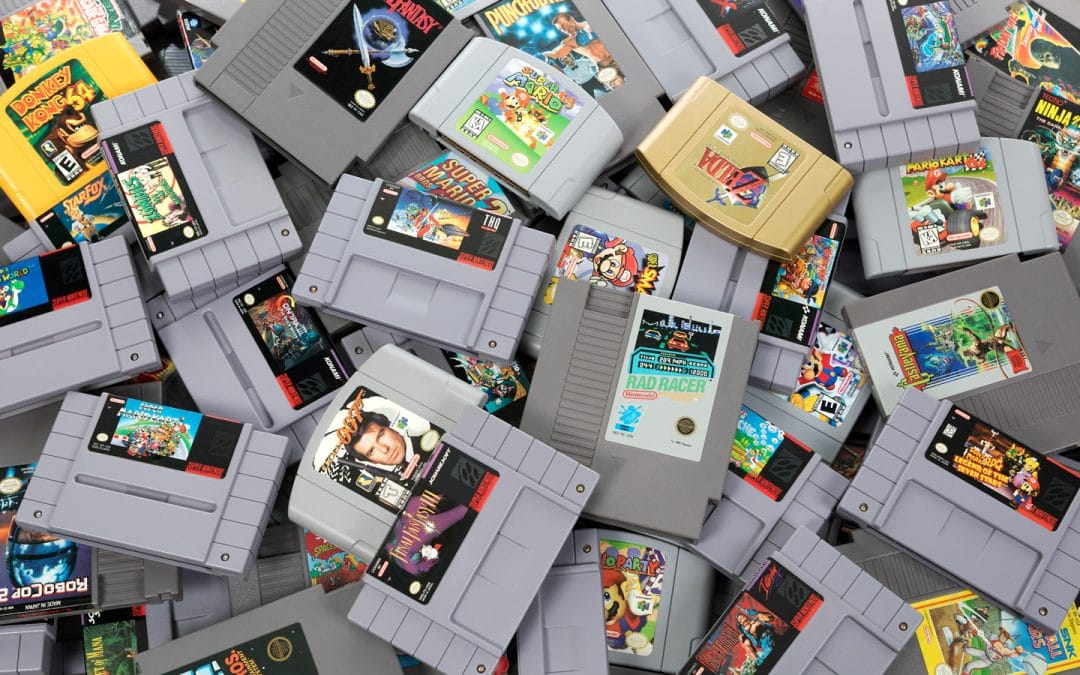I am in the process of going through the Nintendo 64 games, all of them, and creating a spreadsheet. As you may or may not know, the N64 is a very difficult system to emulate, and as of now, it is not really all there. There are several N64 emulators on the Retro Box, and sometimes a game will work fine on one emulator, but not so well, or not at all, on another. The spreadsheet will contain, for every game, the emulator it works best on, and whether it plays well, or has major issues such as choppy audio or extreme slowdowns. Some games do not currently work at all on any emulator, and those are noted as well. I am abou t half way through, starting at A and am up through Monopoly. Look for the document on the website when it is finished. In the meantime, if you want advice on any particular N64 game, drop me an email, and I will tell you which emu, if any, it works best on.
I know the N64 performance isn’t on par with the rest of the systems in a Retro Box, and I am sorry. I wish there were better N64 emulators to choose from, but there are not. I have even considered dropping support for the system, but it is very popular, and some games do play very well. I include all the games on the system, even the unplayable ones, in case a future software update corrects the ones that aren’t working.
On an unrelated not, some of you have asked me about the new version of the Raspberry Pi, the Pi B+. As you may have heard, this is a new version of the Raspberry Pi that runs the Retro Box. It has a slightly faster processor, which may matter for the games, and better networking, which doesn’t. I purchased one to experiment with. It is mostly bad news so far. The form factor is incompatible with the cases I use, which would mean throwing away all my cases and buying new ones. The current version of the software I use seems to be incompatible with this device. I plugged in a Basic, and a Fully Loaded SD card, but neither one would boot the device. I will have to do some digging around to see if there if there is a version I can use, or build, which will work on the new device. Also, although the Raspberry Pi foundation says the new device is supposed to cost the same as the old, the nice folks who sell the device on Amazon, where I purchase my inventory from, have added a 20% premium for the new model. Hopefully, this is simply because the device is new, and prices will soon go to what they should be. If not, I will have to see if I can make the software work, and if yes, whether the performance increase is worth eating the extra cost. I have no intention of raising my prices. Further information as he story develops.
Have a skeptical day,
The Skeptical Geek

